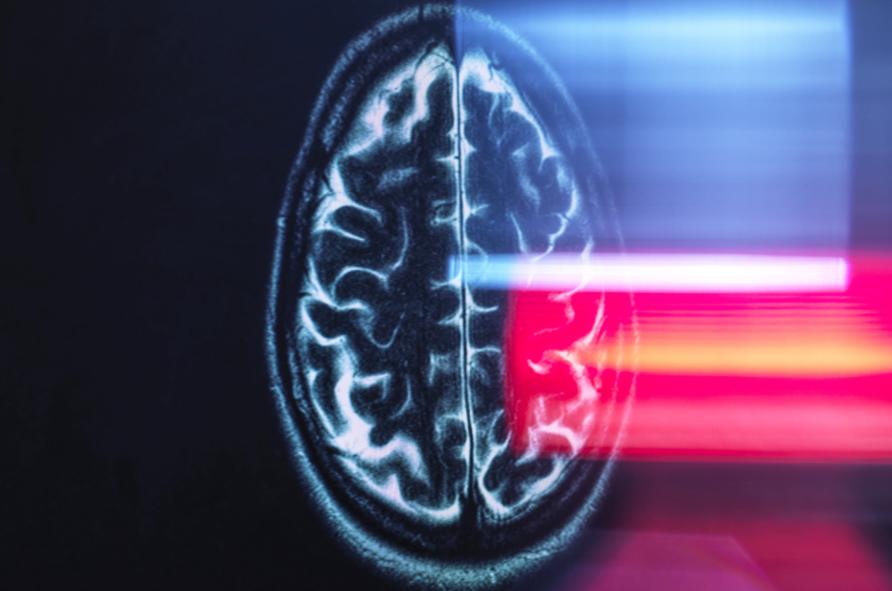
AI’s Role in Advancing Precision MedicineAI’s Role in Advancing Precision Medicine Artificial intelligence (AI) is revolutionizing healthcare, and its impact on precision medicine is particularly profound. Precision medicine aims to tailor medical treatments to individual patients based on their unique genetic makeup, environmental factors, and other personal characteristics. AI plays a crucial role in enabling the development and implementation of personalized healthcare strategies. Unlocking Personalized Treatments AI algorithms can analyze vast amounts of patient data, including genetic sequences, medical records, and environmental exposures, to identify patterns and correlations. This information can be used to develop predictive models that estimate a patient’s risk of developing certain diseases or responding to specific treatments. By leveraging AI, healthcare providers can make more informed decisions about the most effective therapies for each patient, leading to improved outcomes. Early Detection and Prevention AI-powered diagnostic tools can detect diseases at an early stage, even before symptoms appear. For example, AI algorithms can analyze medical images, such as X-rays or CT scans, to detect subtle abnormalities that may indicate early-stage cancer or other diseases. Early detection allows for timely intervention and improved treatment outcomes. Personalized Drug Development AI can accelerate the development of new drugs tailored to specific genetic mutations or disease subtypes. AI algorithms can screen millions of drug candidates and identify those with the highest potential for efficacy and safety. This process can significantly reduce the time and cost associated with traditional drug development. Monitoring and Tracking AI-enabled monitoring systems can collect and analyze patient data in real-time to track their health status and response to treatment. Wearable devices, such as smartwatches or fitness trackers, can provide valuable data on activity levels, heart rate, and sleep patterns. AI algorithms can analyze this data to identify patterns and alert healthcare providers to potential health issues. Empowering Patients AI-powered patient portals and online platforms provide patients with personalized health information and educational resources. AI chatbots can answer patient questions, provide guidance on treatment options, and facilitate communication with healthcare providers. This empowers patients to actively participate in their healthcare decisions and improve their overall health outcomes. Challenges and Opportunities While AI holds immense promise for precision medicine, several challenges need to be addressed. These include data privacy and security concerns, the need for robust and interpretable AI models, and the integration of AI into clinical workflows. However, ongoing research and collaboration among researchers, healthcare providers, and technology companies are paving the way for the widespread adoption of AI in precision medicine. Conclusion AI is rapidly advancing the field of precision medicine, enabling the development of personalized treatments, early detection, and optimized drug development. By leveraging AI’s capabilities, healthcare providers can make more informed decisions, empower patients, and ultimately improve patient outcomes. As AI continues to evolve, its role in precision medicine is expected to grow even further, transforming healthcare and enabling the delivery of truly personalized and effective medical care.
Posted inNews